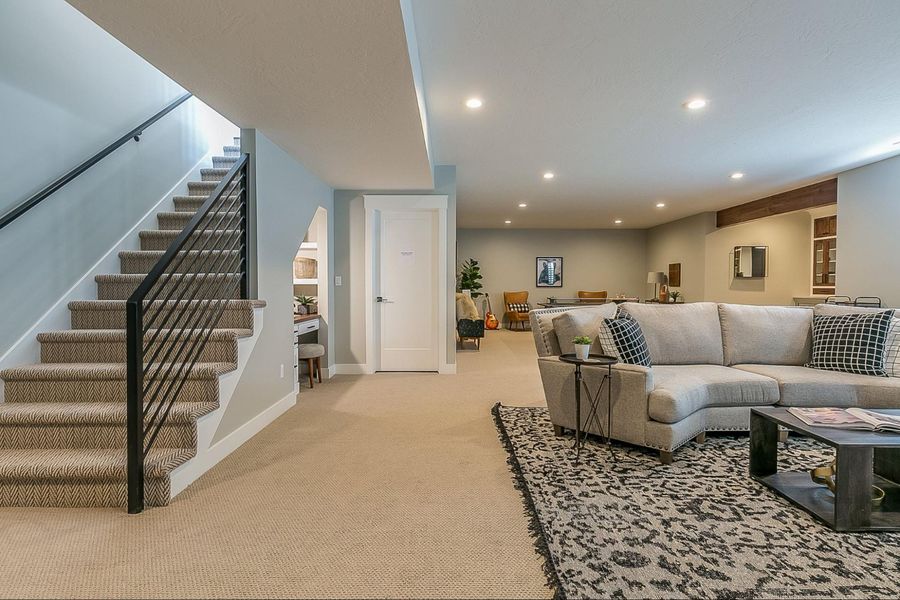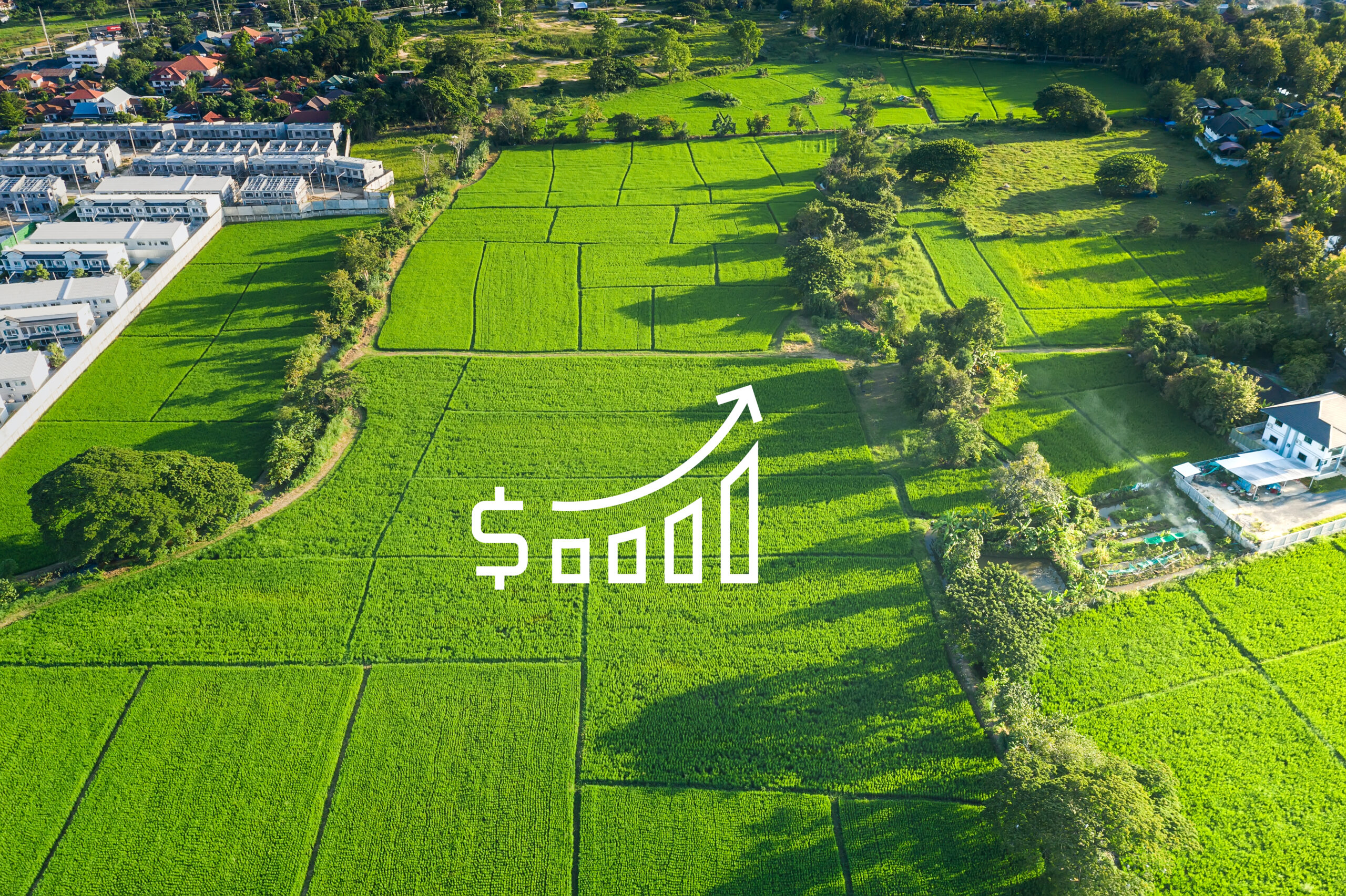Last Updated on October 24, 2023 by CREW Editorial
Prices of recreational properties surged during in June 2018 from the same month a year before, according to latest data from RE/MAX INTEGRA. The median house price for the said properties (which include waterfront, non-waterfront, water access and ski-in properties) increased by an annualised 13% last month.
“Compared to 2017, when only 55 per cent of regions surveyed had retirees driving the market, this year’s 91 per cent are having a much bigger impact,” said Christopher Alexander, executive vice president and regional director, RE/MAX INTEGRA Ontario-Atlantic Canada Region.
Combined with the fact that Canada’s senior population is the largest it has ever been, and many of these retirees are using recreational properties as retirement properties, pricing has increased across the majority of markets,” he added.
In particular, British Columbia saw an increase of 19%, with the median price more than doubling in areas like Tofino. The firm said the increase was propelled by a lack of inventory. Meanwhile, Sun Peaks, one of Canada’s largest ski areas, saw an increase of 34%, due to its available services and schooling attracting retirees as well as families.
However, the median price increase was not across the board as the Prairies saw a 4% lower figure from a year before. Changes in mortgage rules and an economic slowdown are factors that contributed to the decrease, the firm said.
“The economic slowdown in the Prairies, combined with stricter mortgage qualifications, has affected demand in its recreational market,” said Elton Ash, regional executive vice president, RE/MAX of Western Canada. “On the other hand, B.C.’s economy is the fastest growing in the country and its status as a destination market has contributed to the strong growth of its recreational market.”
Ontario saw an overall price increase of 15%, with the median price in areas like Haliburton’s waterfront properties almost doubling. Atlantic Canada saw a very modest median price increase of 0.13% amid slow economic growth. “Those still recovering from the 2017 market downturn in places like Newfoundland and Labrador are delaying purchases of recreational properties at the moment,” said Alexander.
Related stories:








